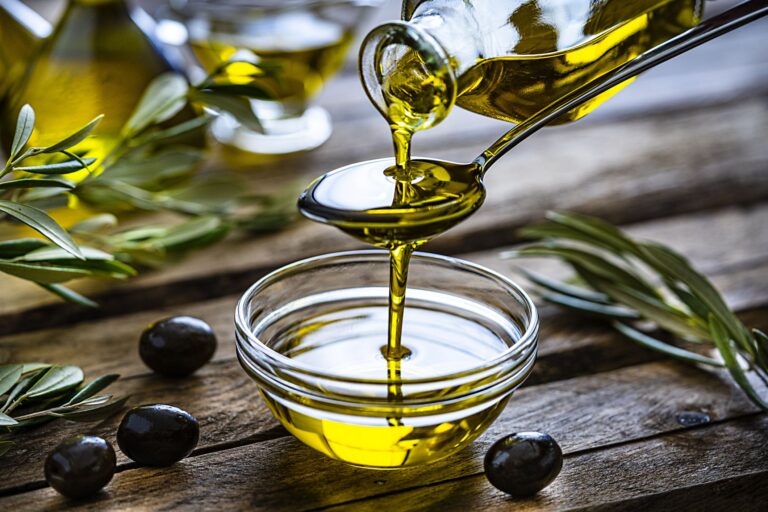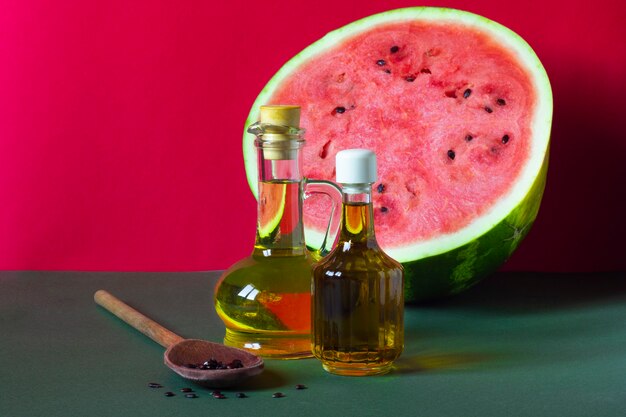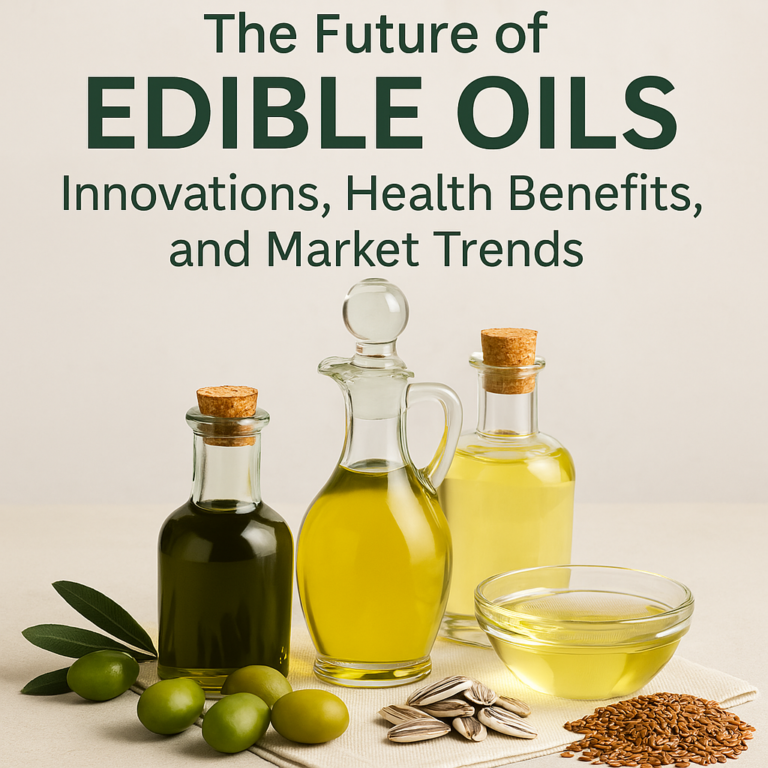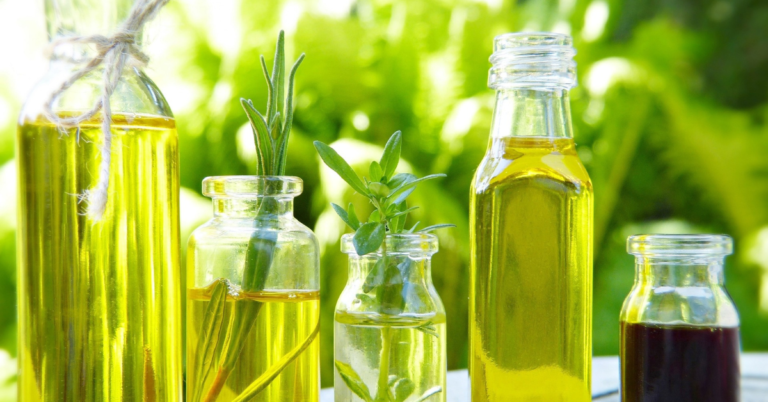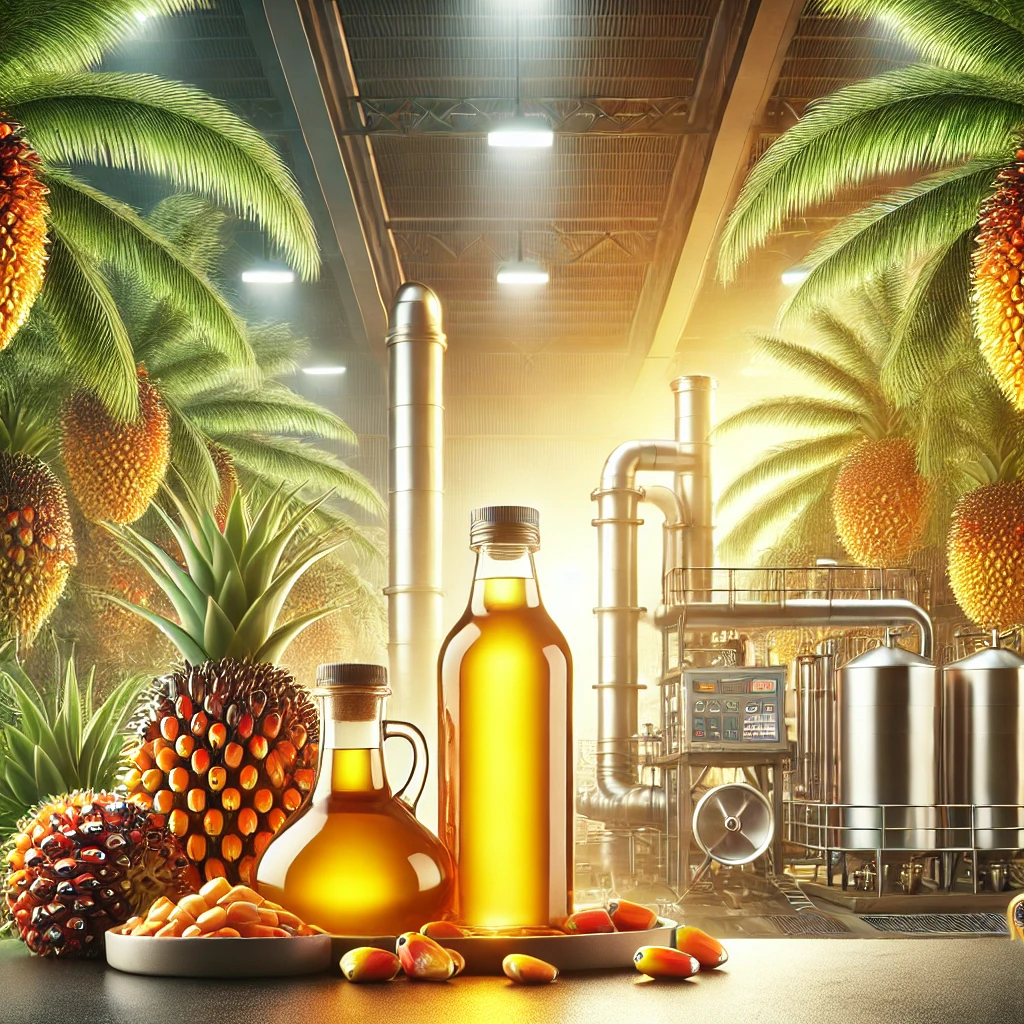
Picture this: A small farming community in Indonesia. Generations have depended on palm oil farming for their livelihood. To them, palm oil is not just oil; it’s their lifeline. Yet, their work has sparked a global debate. Is this essential oil destroying the environment? Or is it a miracle crop that feeds millions and supports economies?
Palm oil’s story is layered, much like the oil itself. It’s a tale of opportunity and controversy, of benefits and costs. Whether you’re a business leader in edible oils or a conscious consumer, understanding the sustainability of palm oil matters—to you, your industry, and the planet. Let’s dive into this debate to uncover its reality.
What is Palm Oil, and Why Does It Matter?
Palm oil is the most consumed edible oil in the world, used in everything from snacks to skincare. Derived from the fruit of the oil palm tree, it’s highly efficient compared to other types of edible oil like soybean or sunflower oil. A single hectare of oil palm can produce up to 10 times more oil than other crops.
Globally, palm oil accounts for about 35% of the world’s edible oil production, according to the World Wide Fund for Nature (WWF). Its versatility, affordability, and efficiency have made it an essential part of industries ranging from food to biofuel. Yet, these same attributes have fueled its global expansion, often at the cost of rainforests and biodiversity.
The Pros of Palm Oil: Why It’s Essential
High Yield and Efficiency
Palm oil’s biggest advantage lies in its efficiency. Compared to coconut oil vs olive oil, palm oil requires less land and produces a higher yield. This makes it a favorite in the food and cosmetic industries. Imagine needing 10 hectares of land to produce the same amount of oil that one hectare of palm can yield. That’s a major win for resource efficiency.
Economic Benefits
For countries like Indonesia and Malaysia, which supply over 85% of the world’s palm oil, this crop is an economic lifeline. Millions of people rely on it for employment. For some farmers, transitioning to palm oil farming has lifted them out of poverty, creating better opportunities for their families.
Health Benefits
While palm oil is often criticized, it has some nutritional benefits. Unlike hydrogenated oils, it contains no trans fats, making it a healthier option in processed foods. It’s also rich in Vitamin E, which contributes to skin and heart health. However, moderation is key, as excessive consumption can lead to health issues.
The Cons of Palm Oil: The Cost We Pay
Environmental Impact
Palm oil’s environmental toll is its biggest drawback. According to the Rainforest Alliance, palm oil production is a leading cause of deforestation, contributing to the loss of approximately 10 million hectares of rainforest every decade. This has devastating consequences for wildlife, including endangered species like orangutans and tigers.
The environmental impact of oil doesn’t stop at deforestation. Clearing land for palm oil plantations releases massive amounts of carbon dioxide, contributing to climate change. Some estimates suggest that palm oil-related deforestation accounts for 2-5% of global greenhouse gas emissions annually.
Social Challenges
Palm oil production has been linked to exploitative labor practices. Reports from organizations like Amnesty International highlight issues like child labor and poor working conditions on some plantations. While certification bodies like RSPO (Roundtable on Sustainable Palm Oil) aim to address these concerns, challenges remain.
Market Fluctuations
The price rise of edible oil, including palm oil, has been another point of contention. Global demand and supply fluctuations often lead to price volatility, which can hurt both producers and consumers. For farmers, this unpredictability can make it challenging to sustain their livelihoods.
Can Sustainable Palm Oil Be the Solution?
Efforts to produce palm oil sustainably are gaining traction. Certified Sustainable Palm Oil (CSPO) ensures that production meets environmental and social criteria. Companies adopting CSPO aim to minimize deforestation, protect wildlife, and ensure fair labor practices.
However, only about 19% of global palm oil production is certified as sustainable, according to the RSPO. This raises questions about whether sustainability in palm oil can scale to meet global demand without causing further harm.
Alternatives to Palm Oil: A Better Choice?
Some argue for reducing reliance on palm oil altogether. Alternatives like soybean or sunflower oil are often touted as replacements. Yet, these alternatives require more land and resources, potentially causing even greater environmental harm. Extract oil vs essential oil debate aside, palm oil’s efficiency makes it hard to replace entirely.
Interestingly, a growing trend is the use of cold-pressed oils. The benefits of cold-pressed oils like mustard oil include retaining more nutrients and requiring less processing. While not a direct substitute for palm oil, they’re gaining popularity for their health and environmental advantages.
The Way Forward
For industries reliant on palm oil, the focus must be on improving sustainability. This includes investing in better farming practices, supporting certifications, and innovating alternative uses for by-products. For consumers, choosing products that use certified sustainable palm oil can make a difference.
Governments, too, play a role. Policies that incentivize sustainable practices and penalize illegal deforestation are essential. Without global cooperation, the challenges of palm oil production will persist.
Conclusion
Palm oil is both a blessing and a curse. It feeds millions, drives economies, and supports livelihoods, yet it’s also linked to deforestation, climate change, and social injustice. The key lies in finding a balance—one where the benefits of this versatile oil don’t come at the expense of our planet.
So, as you pick your next product or plan your next business move, ask yourself: Is the palm oil in it truly sustainable?
